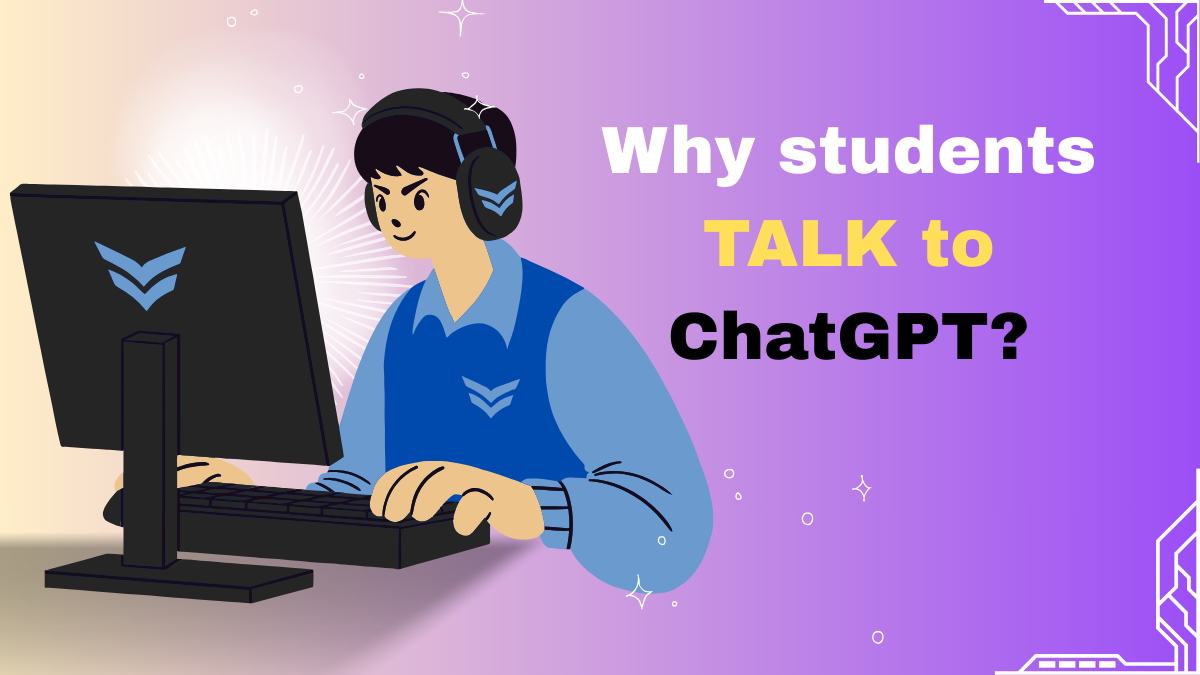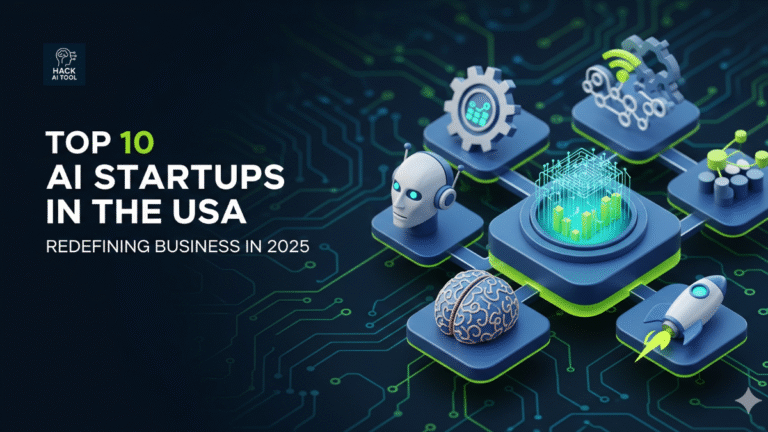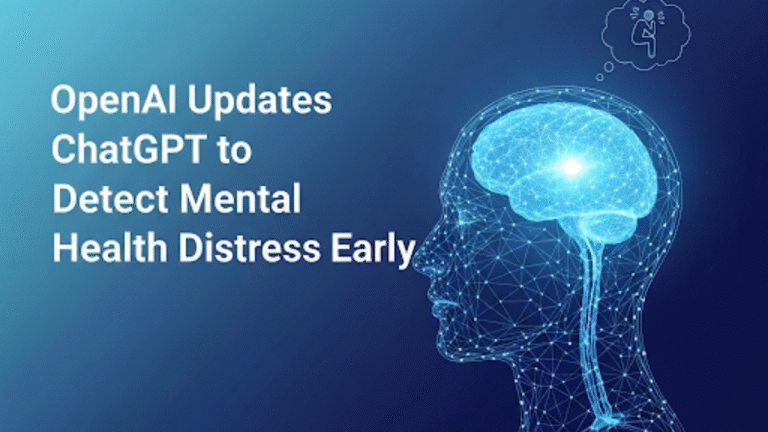
AI is no longer just about academics, students are now relying on it for emotional supports.
A new survey has revealed a surprising trend: 88% of Indian school students (aged 13–18) turn to AI tools like ChatGPT during stressful times. What was once a platform for learning has now become a virtual emotional companion for many teens.
According to the report conducted by Youth Ki Awaaz , a majority of teenagers are now using AI chatbots not only for solving academic doubts but also to share their feelings, seek comfort, and manage stress.
Why Students Are Talking to AI for Support

In smaller towns and cities, 57% of young Indians see AI as a reliable friend. Many students admitted that they feel more comfortable expressing their worries to AI than to real people. Privacy, loneliness, and the fear of being judged are the key reasons why teens prefer AI companions.
While AI is helping them manage stress, experts warn that it could also lead to increased isolation from the real world if not balanced properly.
Emotional Dependency on AI: A Double-Edged Sword
The survey highlights how AI is slowly shaping emotional connections. Students often turn to ChatGPT to:
- Vent about personal struggles
- Seek non-judgmental advice
- Get instant responses during late-night stress
- Feel a sense of companionship
While this may provide temporary relief, psychologists caution that excessive reliance on AI could reduce real-life social interactions, making it harder for students to build genuine relationships offline.
The Bigger Picture: AI Beyond Knowledge
AI is expanding its role in every sector. Initially used for information and productivity, it is now stepping into the emotional space. Chatbots like ChatGPT are increasingly becoming the go-to option for students seeking empathy, reassurance, and emotional safety.
This trend raises a critical question:
👉 Will future generations depend more on AI for mental well-being than on family, teachers, or friends?
Final Thoughts
The rise of ChatGPT as an emotional support system for students reflects both the power and risks of AI. On one hand, it gives young people a safe outlet to share their thoughts, but on the other, it could widen the gap between them and the real world.
As AI becomes a part of daily life, the challenge lies in balancing technology with human connection, so students can enjoy the best of both worlds.
The main purpose of this post is to educate you. This post is written and reviewed by Rajeev Kumar, a passionate blogger in AI tools and cybersecurity.
FAQ
1. Why are students using ChatGPT for emotional support?
Many students, especially teenagers, find it easier to share their feelings with AI because it provides a safe, non-judgmental space. ChatGPT offers instant replies and can act like a companion during stressful times.
2. Is it safe for students to rely on AI for emotional support?
While ChatGPT can help reduce stress and loneliness, experts advise that it should not replace real human connections. Too much dependency on AI can create emotional isolation and affect social skills.
3. How many students are using AI like ChatGPT for support?
Recent surveys show that around 88% of Indian students (ages 13–18) turn to AI tools like ChatGPT during stressful situations.
4. What are the risks of emotional dependence on AI?
The main risks include reduced interaction with friends and family, over-reliance on technology for comfort, and lack of real-world coping skills.
5. Can AI replace teachers, parents, or friends for emotional support?
No. AI can provide temporary relief and companionship, but it cannot fully replace the empathy, understanding, and real connections that come from humans.
6. How should students balance AI usage?
Students should use AI for guidance and quick support but also talk to parents, friends, or counselors for long-term emotional well-being. Balance between online and offline interaction is key.




Your writing has a way of resonating with me on a deep level. I appreciate the honesty and authenticity you bring to every post. Thank you for sharing your journey with us.